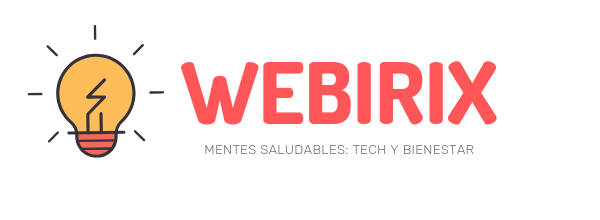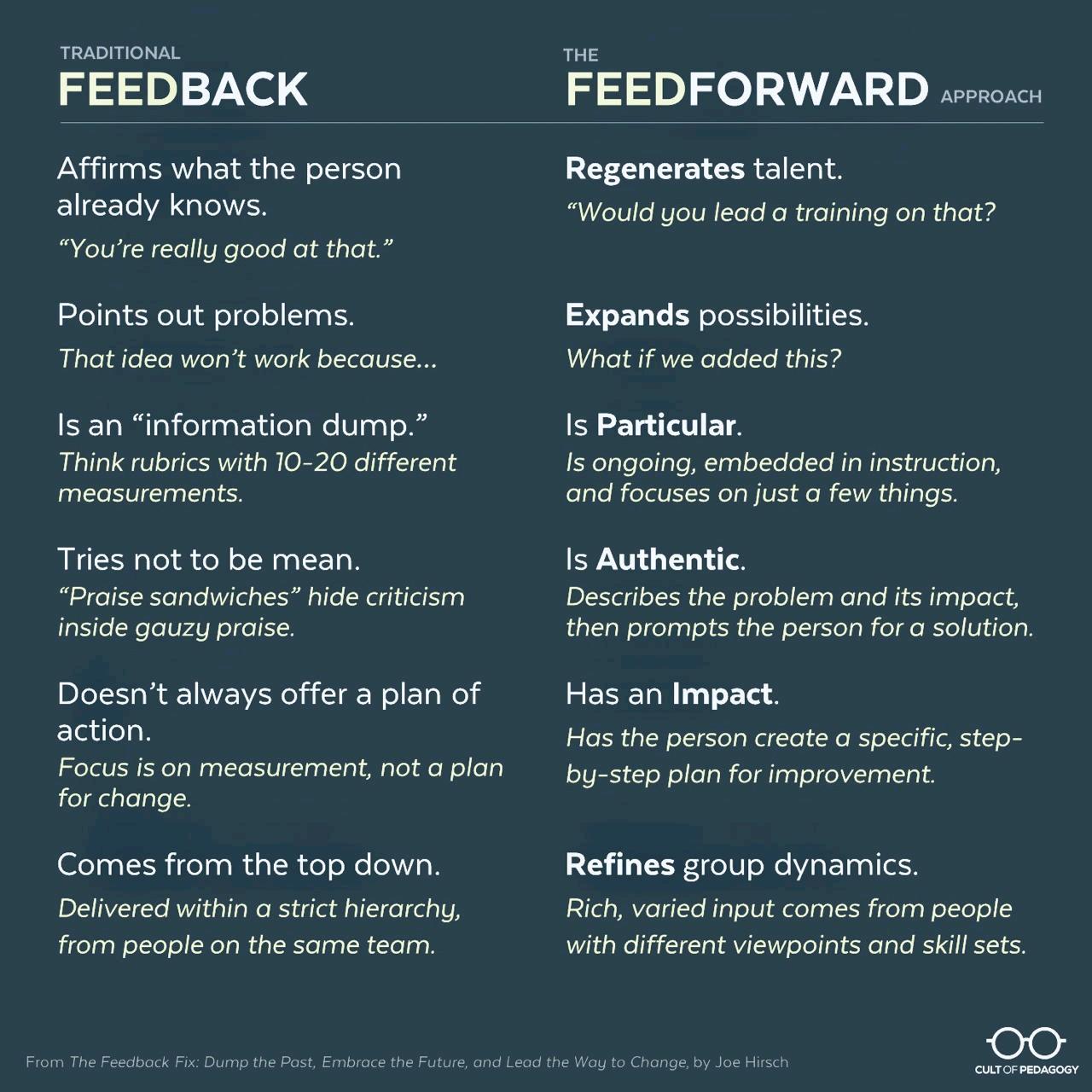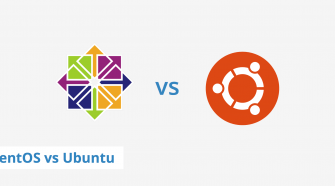In work environments, feelings, no matter how professional we are, are on the surface. Everything and nothing is personal. And without falling into a cliché, this kind of culture of respect and of losing boundries among coworkers [and friends] is typical of millennials (remember that they are thirty or almost thirty), and even more of Generation Z (who would barely be hiring or have been working for a short time, less than 25 years to 2019).
In asking is giving, and each team must have a mystique that allows it to have a language of trust. The fact that, let's say, you are someone's organizational superior or that you are paying them, does not mean that you should avoid congratulating them if they are doing things well.
And here comes an excellent table that we found, since it is not enough to be cool rather, each communication in the staff must be strategic. It is not enough to remind ourselves that we are competent professionals, but that we must take a step further and empower ourselves.
It's in English, but we know that's not a problem:
Abounding more in the suggestion, which goes from feedback traditional (that if you notice it, it can also be passive-aggressive) to a feed with vision to the future and beyond the heat of the moment.
The forward-looking, strategic Feed is:
- He has a plan in every compliment. It's not enough to celebrate someone's ability, why not empower them to lead a talk or training about it? We all like to be recognized and admired, and giving a presentation is an attractive option.
- Instead of the negativity of rejecting someone else's idea, we can turn that demoralizing comment into an opportunity to improve from that point, and why not? contribute another idea.
- No tiene un “sándwich de halago”. Es decir, cuando ocultas un regaño entre otro tanto de reconocimiento. Como cuando el jefe felicita a alguien por su creatividad y cuidado al detalle, pero en medio le está reclamando por ser impuntual. That is just the wrong thing to do.. It is better to be frank and attack the problem, proposing solutions. In the case of the aforementioned late, a better route (literal or figurative) or tools can be suggested to get things done on time.
- A feed efficient is clear and concise, not hidden between long anecdotes or confusing advice. If the comments to a design to improve are to change a specific color or expand the size, that must be said, not be passive-aggressive and give a kind of moral where the other person is expected to guess what they should do. Better to be clear and specific.
- It is specific. For example, let's think that a boss plans to increase sales in a certain area… and that's it. Nothing more. In theory it would be a good idea, since more sales are always better, but it happens that the action plan is not spoken clearly or given, only a vague instruction. That is why the scene of staffers who are afraid to ask their boss for more details about their request, working even three times as long just for not confirming the instruction (wrongly given in the first place).
- Lousy feed es burocrático al estilo de “porque lo digo yo”. Uno bueno es integral y toma en cuenta a todos aquellos con conocimiento para opinar.













No Comment